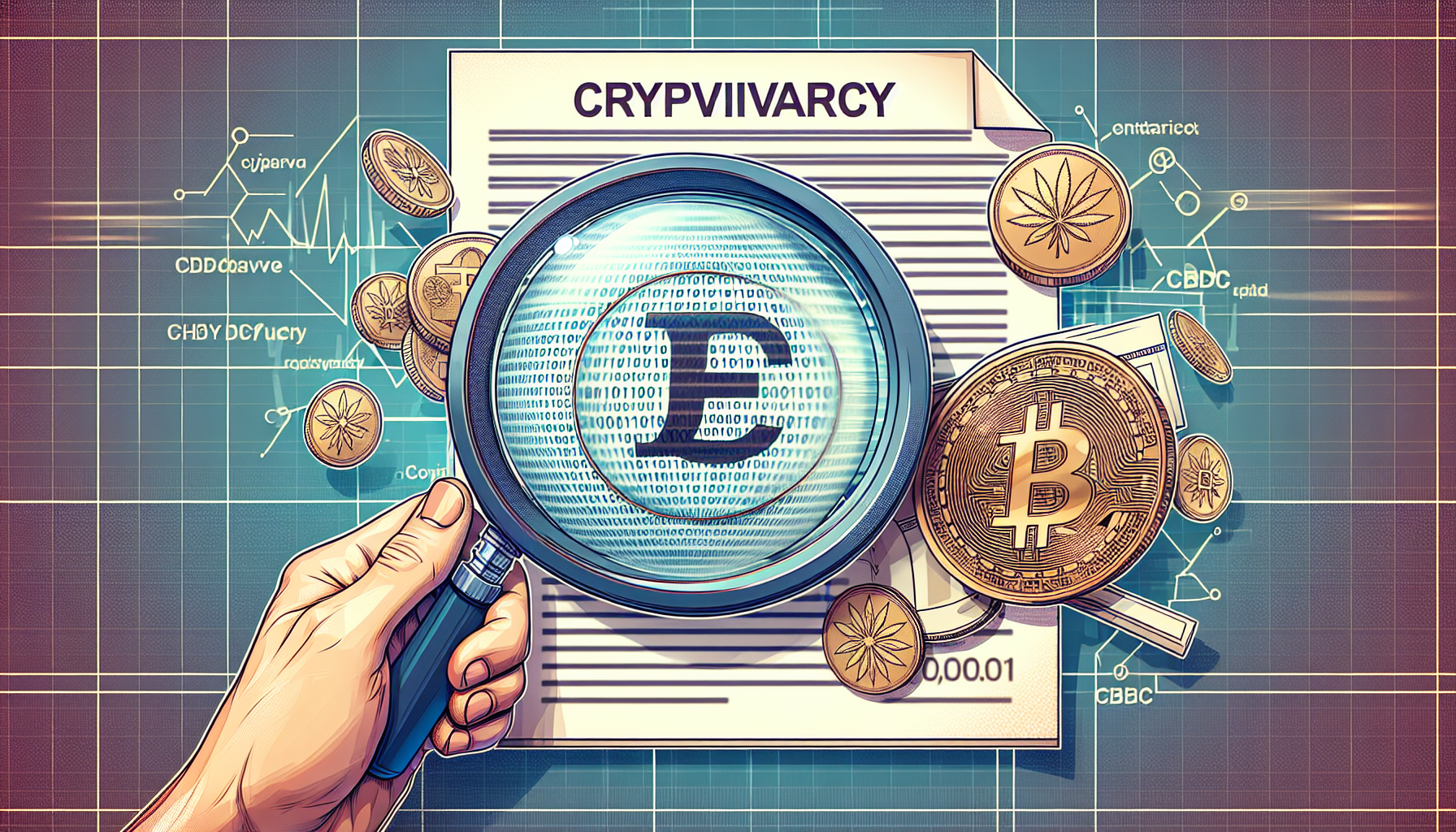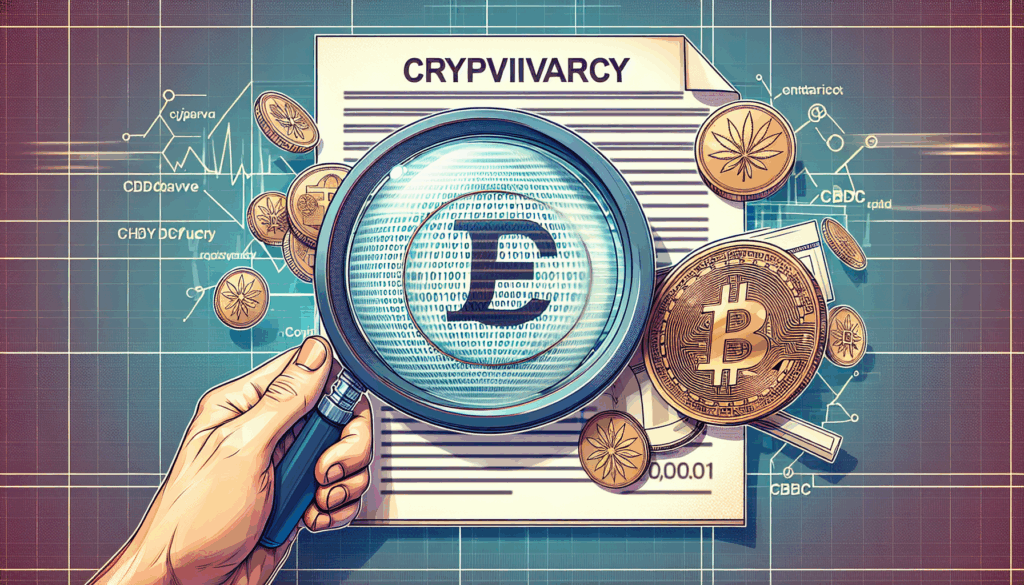CBDC Pilot Programs and Privacy Concerns: What You Need to Know
Did you know? Over 130 countries are currently exploring Central Bank Digital Currencies (CBDCs), with pilot programs already live in nations like China and Sweden. But as these digital currencies gain traction, privacy concerns are becoming a hot-button issue.
1. What Are CBDC Pilot Programs?
CBDC pilot programs are real-world tests of digital currencies issued by central banks. Unlike cryptocurrencies like Bitcoin, CBDCs are centralized and government-backed. Think of them as digital versions of your country’s fiat currency, but with blockchain-like technology under the hood.
Current Major CBDC Pilots
- China’s Digital Yuan: Used in over 26 cities for everyday purchases
- Sweden’s e-Krona: Testing retail payments since 2020
- Bahamas Sand Dollar: First fully deployed CBDC
2. Why Privacy Matters in CBDC Systems
Here’s the catch – while your cash transactions are private, most CBDC designs allow full transaction visibility to central banks. According to a 2025 BIS report, 78% of CBDC prototypes include some form of transaction monitoring.

You might be thinking: “But my bank already sees my transactions!” True, but CBDCs could take surveillance further by:
- Tracking spending in real-time
- Programmable restrictions (e.g., blocking “undesirable” purchases)
- Linking to digital IDs and social credit systems
3. Privacy-Preserving CBDC Models
Not all hope is lost! Some CBDC designs are exploring privacy features:
Token-Based vs Account-Based
Token-based CBDCs (like cash) offer more privacy than account-based systems. The European Central Bank’s digital euro prototype uses anonymous low-value transactions, similar to handing someone a $20 bill.
Zero-Knowledge Proofs
Advanced cryptography could verify transactions without revealing details. The Bank for International Settlements recently tested this in Project Tourbillon.
4. How to Protect Your Financial Privacy
Even with CBDCs coming, you have options:
- Use privacy coins like Monero for sensitive transactions
- Diversify assets between CBDCs, crypto, and cash
- Advocate for privacy-preserving CBDC designs in your country
Remember the CBDC pilot programs privacy concerns we discussed? Staying informed is your first line of defense. For deeper insights, check out our guide on how governments track crypto transactions.
Pro tip: Hardware wallets like Ledger Nano X remain the gold standard for securing digital assets, reducing hack risks by up to 70% compared to hot wallets.
Disclaimer: This article doesn’t constitute financial advice. Regulations vary by jurisdiction – consult local authorities before making decisions.
Stay ahead of the curve with cryptosaviours – your trusted source for blockchain insights.
Dr. Elena Rodriguez
Published 28 papers on monetary policy and blockchain technology
Lead auditor for the IMF’s Digital Currency Governance Framework
